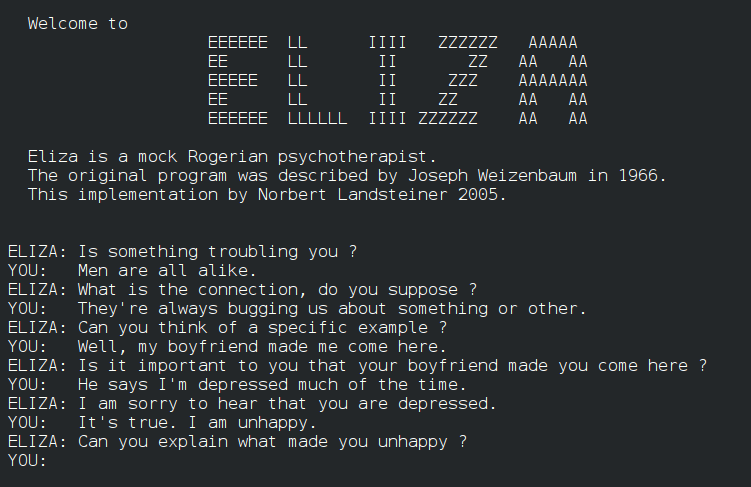My Ulysses Pact with Bluesky
I decided to make an account on Bluesky. But I decided on some clear limitations to not get sucked into another round of early phase enshittification.
Here's my version of Cory Doctorow's Ulysses Pact: I will use Bluesky strictly for discussion about the long-term risks of that platform and the potential of federated social networks.
I've posted one thing on bsky:
I've followed the Twitter migrations since Musk took over and have looked at the side line on the rise of Bluesky. I am happy that people are moving away from Musk's media machine. For some time, Bluesky will seem to be a good enough replacement for past Twitter. Perhaps even an improvement.
The reason I don't want to put too much energy into this platform is that it has a similar weakness to Twitter. If you've been following the discussions on why social media has gotten worse in recent years, you probably have come across the term 'enshittification'. Nothing is stopping Bsky from it.
At the moment, we have the CEO saying she will never enshittify Bluesky. But you know what can happen with for-profit companies? They replace the CEO when they need to make money in a different way. Twitter perhaps used to have sympathetic employees and leadership. Then Elon Musk bought the company and changed that. If the structure allows those kinds of changes, it doesn't matter much that a CEO once vowed to never enshittify the network.
Same thing applies to cryptography and what is called the "zero knowledge" principle: Not only does the service provider promise to not look in your communication, it couldn't even do it if it wanted to! We need a "zero enshittification" principle for social network services.
It would mean something like: We promise to never spam your networks with ads and misinformation, hoard your data and use it for manipulative algorithms, while keeping you locked into the network because the costs of switching to another service means you lose all ability to talk with your network.
You have to combine that promise (which can be broken) with a structural feature. Which means, if they ever do change their mind (and want to enshittify the service), it has to be easy to switch to another service AND keep the communication channel open to your network. Bluesky doesn't allow this.
Cory Doctorow points this out as the crucial safeguard against enshittification: "Bluesky lacks the one federated feature that is absolutely necessary for me to trust it: the ability to leave Bluesky and go to another host and continue to talk to the people I've entered into community with there."
Hackers have taught me the value in joining something to see how it works. That's why I'm here: e.g. the greater discoverability features of bsky could be used to find other people who want to escape enshittification and prioritize the protocols that have a long-term promise, like the fediverse.
Bluesky allow others to run nodes in the network to independently store what I write (the "speech"-layer). But discoverability, search and recommendations run on a centralized "reach"-layer. I can't really meaningfully leave that part of Bluesky, if I wanted to.
Christine Lemmer-Webber probably understands the role Bluesky is playing in the current social network landscape better than anyone.
So that's my Ulysses Pact: To keep a narrow focus on the problem that is keeping me from engaging more fully with the platform. If I allow myself more than that, it's a slippery slope of instant gratification and investing in something that risks having a costly prize long-term.
Twitter/X should be an obvious case in point and if there ever was a time to critically evaluate why it happened, so as not to repeat the same mistake, it should be now.
As part of my Ulysses pact with Bluesky, I'll make sure to channel the energy that I generate on that platform into places with more long-term perspective. My rule of thumb: I will not link to Bluesky, so if I want to refer to something there, I will copy/paste the whole thing here.
I'll treat Bluesky as part of the extended address book of the internet, so old friends (who are now on bsky) can find me there to see that I'm actually here, in the federated social web. I'll use the greater discoverability features on Bluesky to make contact with those people - and possible even people here! - and then try to re-create those contacts in the fediverse. One tactic of the hacker ethic: One could piggy-back on the centralized search engine of bsky to channel into a decentralized network that still lacks good discoverability.
I realize I'm a nobody in digital social networks and it matters very little what I do, if I'm the only one doing it. I live by the principle: Live as if what you do matters, because it does. I think of myself as a primary researcher and have experienced enough times that seemingly insignificant voices can create something significant if they just believe in the conversation. The purpose of all this is to explore a social network ethic for others to follow or find their own version of.



